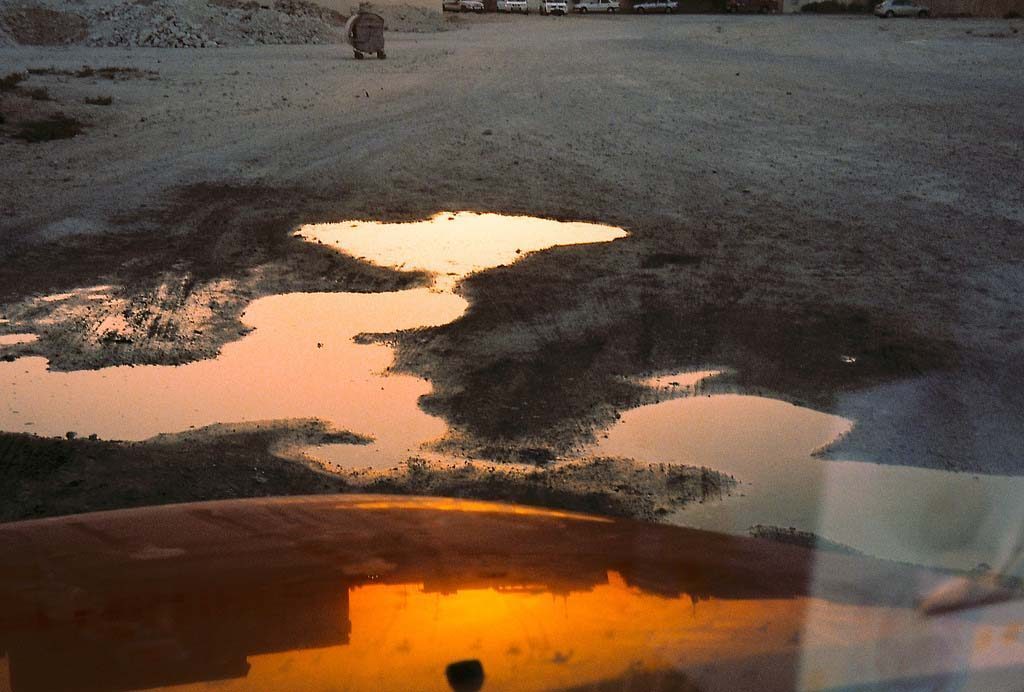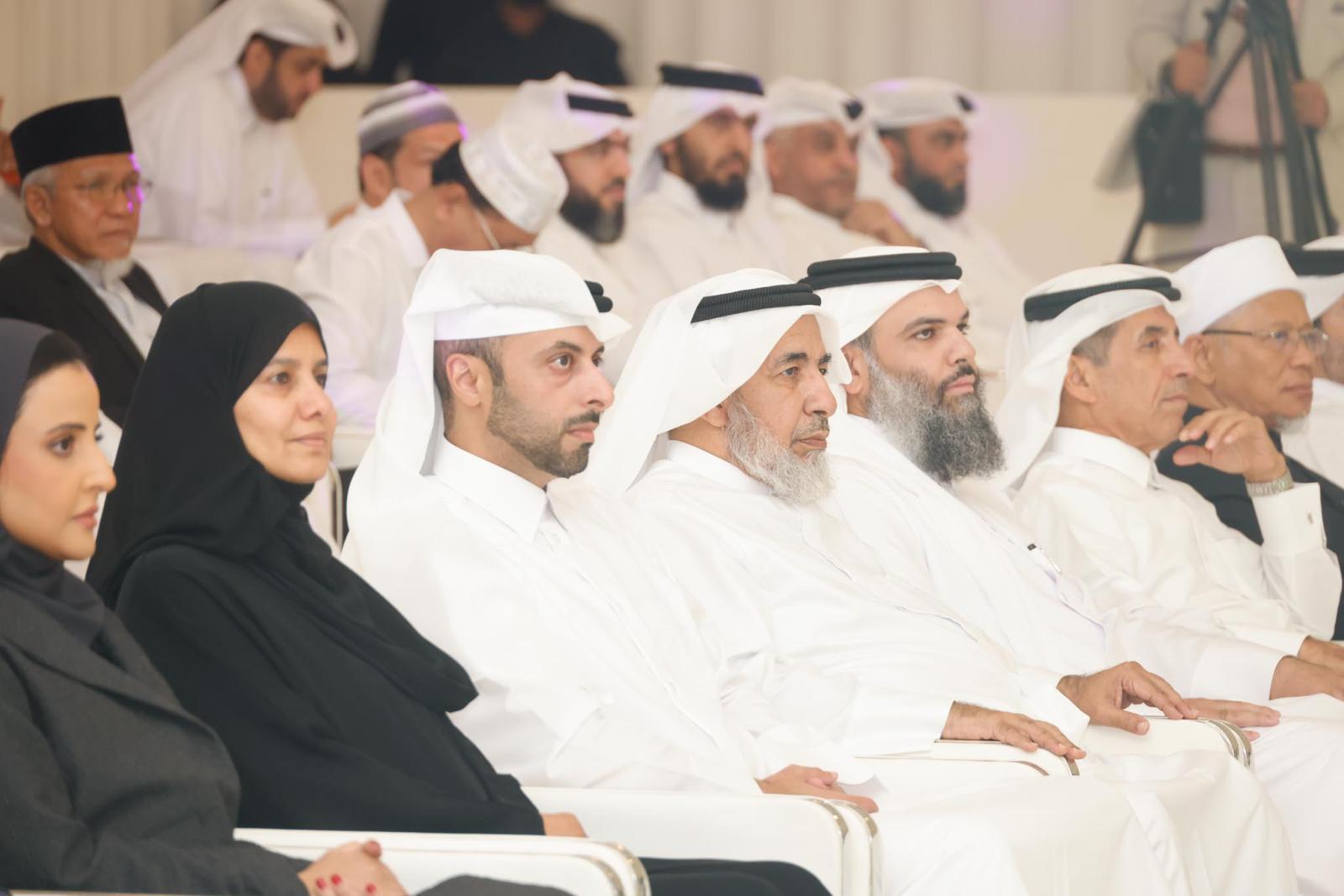Amid growing complaints, Qatar’s public works authority Ashghal has said it has been working to overhaul the sewage system in the Abu Hamour area. The project, estimated to cost some QR18.5 million ($5 million), will span the area covered by the fish and wholesale markets.
About a third of the work is already done, with completion expected in the second quarter of 2015.
Details about the work come a month after Ashghal said it was also planning to re-do the drainage system in parts of southern Doha.
Sewage problems
For at least half a decade, residents in and around the fish market area have complained about foul odors and standing water woes.
In a statement, Ashghal acknowledged that the problem stemmed from outdated infrastructure that was unable to handle the population boom:
“While the area has developed significantly over the years, the infrastructure needed has not and as a consequence, both the wholesale market and Fish Market had continued to suffer from storm water overflows in the wintertime and an inefficient septic tank sewerage system.”
An additional problem is the high level of salt in the area’s waste water, which could corrode the existing system of public sewer pipes if it is discharged through them.
Once the project is complete, the area will have a new surface water drainage system, and a separate foul-water system.
Additionally, Ashghal is planning to construct a new pre-treatment sewage facility in place of the existing pumping station, with connections to a nearby foul mains network.
This would allow for treatment of the high salt-concentrated water before its discharge into the main sewage system.
Ashghal said it will also build a new storm water drainage system designed to manage the rainwater drainage by storing it in an 8,000sqm containment area.
Prior works
In July, Ashghal announced a project to revamp the drainage system in Najma, which residents had complained was frequently backed up with sewage.

At the time, it acknowledged that the problem arose from an outdated system unable to handle sewage at its current capacity.
This project is also estimated to be completed by the end of 2015, and includes the replacement of some 20km of pipelines.
Last year, Ashghal came under fire after major roads and expressways became flooded due to rain.
To cope with flooding on Salwa Road underpasses, Ashghal deployed emergency teams to siphon water off the streets.
It explained that while the road had a drainage network with a high capacity, it was not yet connected to an outlet, leaving rain water to pool in the existing pipes and overflow.
At the time, a planned link to the sea “via the Abu Hamour network” was in the works but had not yet been completed.
Thoughts?








